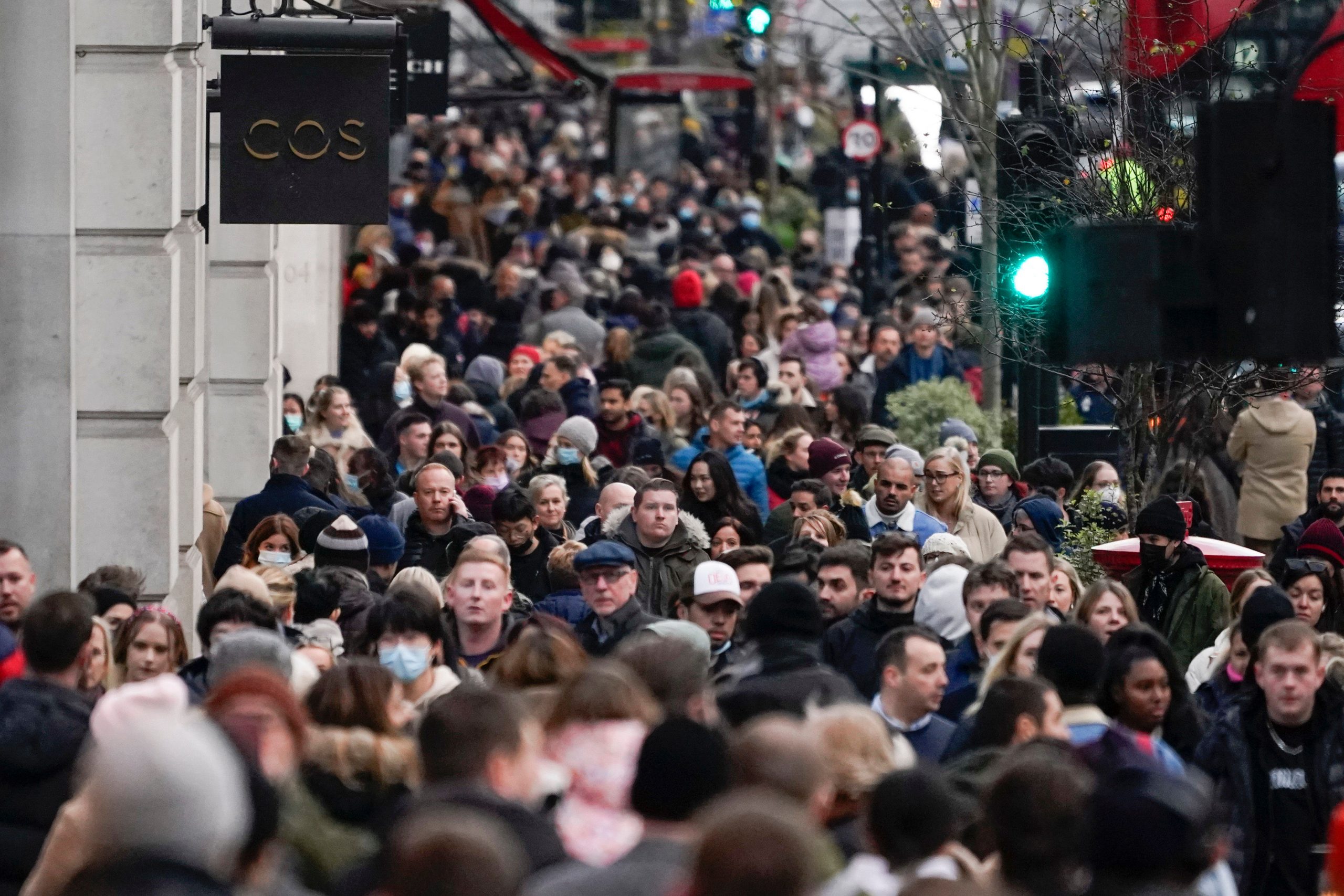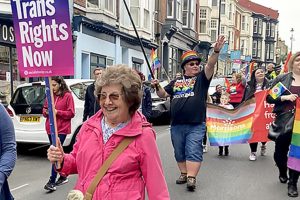The UK’s vaccine advisory body is likely to
approve an expansion of the vaccine booster programme against COVID-19.
Professor Anthony Harnden, deputy chairman of Joint Committee on Vaccination and Immunisation (JCVI), said it would be a
“sensible strategy” to reduce the time between doses and extend
booster shots to people under 40.
Also Read: Omicron on the horizon: Can India handle a third COVID wave?
A third case of the omicron variant has
been found in the UK on Sunday, and 10 Downing Street has already set out
measures to contain it. An announcement is likely on face masks and isolation
before Parliament on Monday.
Prime Minister Boris Johnson on Sunday said it was necessary to take “targeted and precautionary measures”.
The UK has also called an urgent virtual
meeting of health ministers from the G7 group of nations “to discuss the
developments on Omicron”. The meeting will be held today.
Early evidence suggested omicron, first
detected in South Africa, is highly a contagious variant of coronavirus.
In the UK, the first cases of omicron were
detected on Saturday in Essex and Nottingham. The third case identified on
Sunday came from a traveller who spent time in the Westminster area of London,
although the person is no longer in the UK, the Health Security Agency said.
“Accelerating the booster programme
both by extending the age range and by reducing the interval between the second
dose and the booster dose would be a sensible strategy,” Professor
Harnden, a member of JCVI, was quoted as saying by BBC Radio.
Currently, booster jabs have been
restricted to those aged 40 and over, frontline health or social workers, and
those with health issues.
Also Read: Japan bans entry of foreign visitors amid Omicron spread
Asked whether all adults over 18 should
take the booster shots, Professor Harnden said that the offer would come
“earlier than we have previously envisaged”.
The government announced on Sunday that
wearing face masks is compulsory in shops and on public transport in England.
Those who are arriving in the UK from
abroad will have to take a PCR test from Tuesday and self-isolate until they
receive a negative result.







